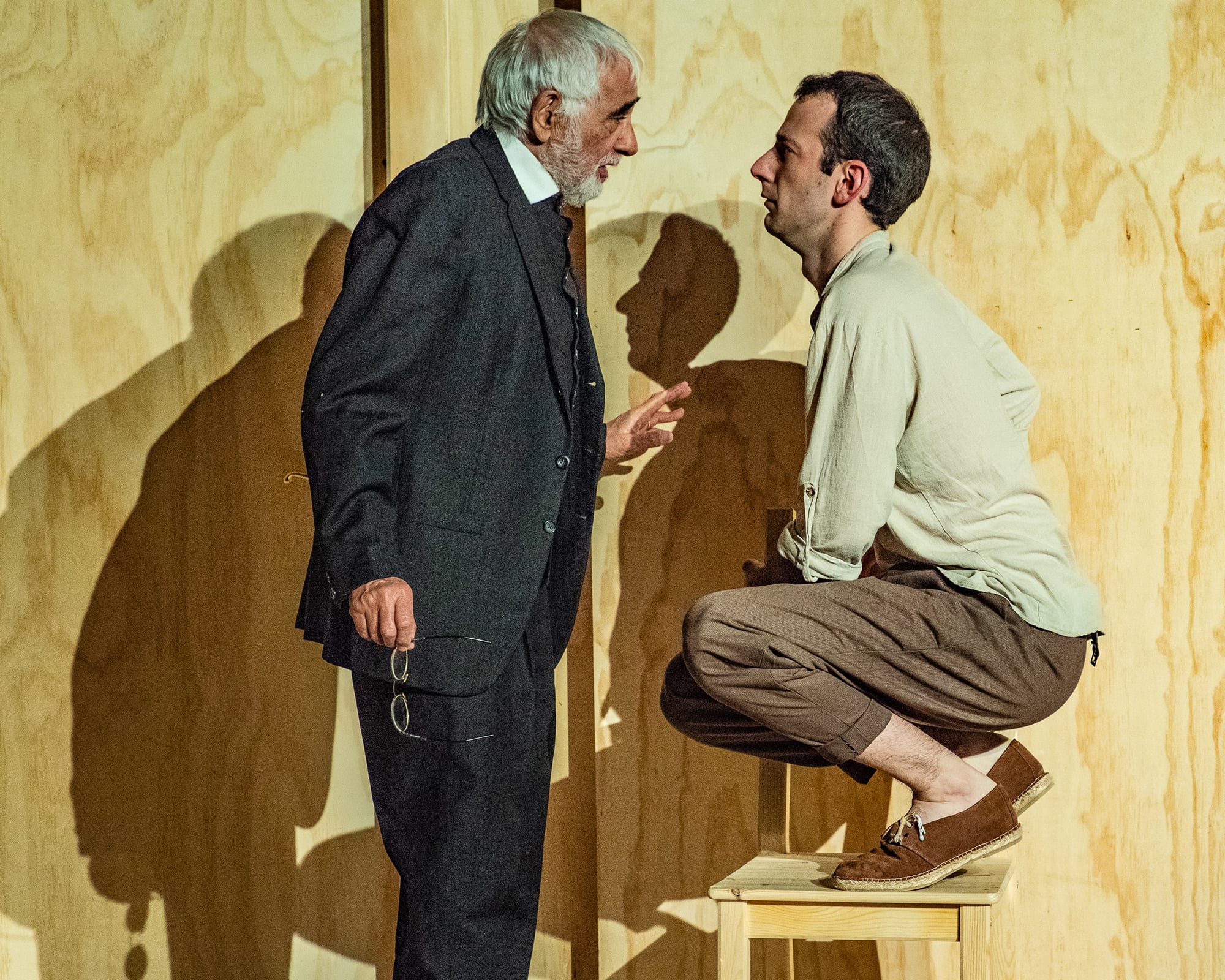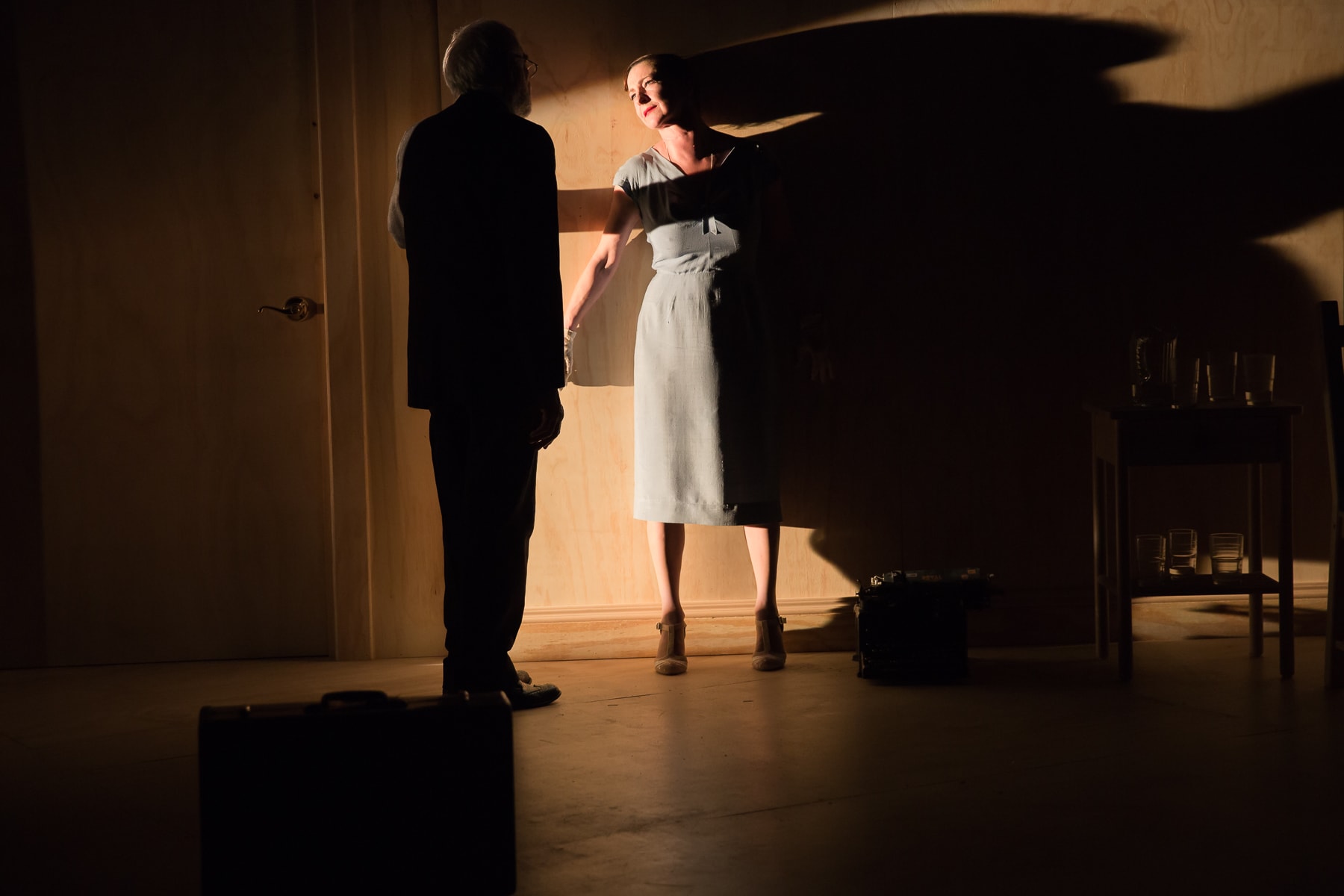As the clouds have gathered over the past two years, we have witnessed the coarsening of our politics as one party promotes an increasingly strident brand of nationalism, corruption, and incompetence in high office. We look desperately for solace, for signs that others have lived through this nightmare before us, and have survived with their dignity intact.

I have one name for you: Miguel de Unamuno (1864-1936), one of the most vital intellectuals and dissidents of the 20th century. Independent, and associated with the early Existentialist movement, he was part of a generation of Spanish writers who demanded greater accountability, and greater civility from his nation’s leaders. Hounded by the right and frustrated by the left, Unamuno never hesitated to speak his mind and stake out a solid, humane middle ground between the extremes which convulsed an entire continent. The time is long overdue for the English-speaking world to wake up to his genius, his compassion, and his unique vision.
You say you’ve never heard of him? Plan to get acquainted at the GALA Hispanic Theatre, which has commissioned a fascinating new drama, Irma Correa’s El Viejo, el Joven y el Mar—”The Old Man, the Youth, and the Sea.” Director José Luis Arellano García has assembled an international cast, stars of stage and screens great and small, to give life to one of the most fascinating tales of exile and escape you are likely to see. Performed in Spanish with English surtitles, it is well worth the journey uptown.
The story is set far from Spain itself; Unamuno’s political writings were so controversial that Spain’s then-dictator Miguel Primo de Rivera, sentenced him to prison on the Isle of Fuerteventura in the Canary Islands. Correa, a native of the island herself, creates a series of encounters with a French sympathizer, an Argentinian supporter, as well as a General who represents the Spanish regime, as Unamuno plots his escape to freedom in Paris.
Playwright Correa’s genius lies in using the story as a way to explore Unamano’s philosophy and his passion for life. She achieves this primarily through the fictional figure of Cisco, a young man who provides housekeeping and runs the occasional errand for his island’s famous prisoner. As their relationship grows, Unamuno and Cisco develop a bond that is as touching as it is brief. Unamuno dreams of freedom, while Cisco dreams of a life on the sea, hunting a grey whale named Moby Dick by the local fisherman. Unamuno uses the coincidence of the name to introduce Cisco to Melville’s great novel, and awakens in Cisco a heightened awareness of what it means to be alive. Their discussions range over everything – life, God, freedom – and remind you of the complexity that lies behind those deceptively simple ideas.
Horacio Peña, as Unamuno, offers us a sharp-minded, sharp-tongued writer who continues to hold out hope for the future, as bleak as it may seem. Victor de la Fuente’s Cisco is touchingly shy at first, but his flair for storytelling – at one point using a simple wooden chair to evoke the legendary whale – reveals that he shares more with this prisoner than just a place and time. Delbis Cardona cuts two very distinct figures, first as the Frenchman Dumay, who arranges for Unamuno’s ultimate escape, and finally as the General, the embodiment of everything Unamuno (and all of us) dread. Luz Nicolás rounds out the company as Concha (Unamuno’s wife) and Delfina, the Argentinian whose passionate support for the man almost spills over into other, less noble desires.

Silvia de Marta’s set is as spartan as a painter’s canvas—pinewood walls, floors and simple furniture—and enables the audience to focus on the substance of what is said; yes, there is an escape story here, but no, that’s hardly what matters. Jesús Diaz’s sound and light design, enhanced by Iñaki Salvador’s original music, seamlessly drives the action.
Having never heard of Unamuno before, I was fascinated to learn of his struggles, but especially of his philosophy; by way of invitation to explore his work further, I leave you with one of my favorite quotes:
Y bien, se me dirá, “¿Cuál es tu eligion?” Y yo responderé: mi eligion es buscar la verdad en la vida y la vida en la verdad, aun a sabiendas de que no he de encontrarlas mientras viva.
(So if you asked me, “What is your religion?” I would answer you: my religion is to seek for truth in life and for life in truth, even knowing that I shall not find them while I live.)
Running Time: 2 hours and 20 minutes, with one intermission, performed in Spanish with English surtitles.
The Old Man, the Youth, and the Sea plays through March 3, 2019, at GALA Hispanic Theatre – 3333 14th Street, NW, in Washington, DC. For tickets call (202) 234-7174, or go online.





Hi, very good review, really. But there’s a mistake in you review. Jesus Diaz is the light designer. Thanks very much